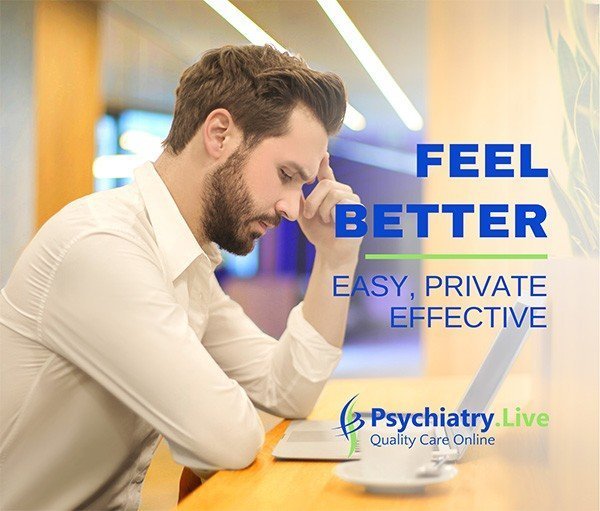Here are some more reasons why play therapy is so effective:
Play Reveals the Child’s Emotional Life
Though the characters of the real world and play world may be different, the storylines tend to be the same. A young girl may walk into a therapist’s office, spot the plethora of toys, grab a stuffed horse and kitten and make the horse hit the kitten repeatedly, all the while the kitten begs the horse to stop. While some adults might watch and perceive this young girl to be aggressive, a trained therapist recognizes this child is revealing a world of pain; the pain of living in a home where one parent routinely abuses the other.
Feelings can overwhelm children. Add to this their lack of a developed vocabulary to express these feelings and you have a young person with pent up emotions and nowhere to put them. Play therapy helps children reveal their inner emotional world.
Play Therapy Explores Other Options
Children are instinctual and impulsive. They haven’t yet developed the ability to stop, reason, and determine best courses of action.
Play therapy allows young people to explore different options, behaviors, and ways of feeling and thinking about things. Through play, a child may learn, for example, that aggression isn’t the only reaction, or even the best reaction, to a particular situation they are facing in home or at school. Understanding this is an area the child needs to work on, the therapist can assume a role or character and guide the dialogue and action of play toward a beneficial resolve and lesson.
Play Therapy Helps Children Feel They Will Be Okay
Children are often sent to therapy because they have been acting out at home or at school. By helping them work through their complex emotions, as well as making them feel heard and respected, play therapy helps children feel safe and okay, which results in the development of acceptable social behavior.
If you feel play therapy might be right for your child and would like to explore treatment options, please be in touch. We would be happy to discuss how we might be able to help your child work through their emotions.


